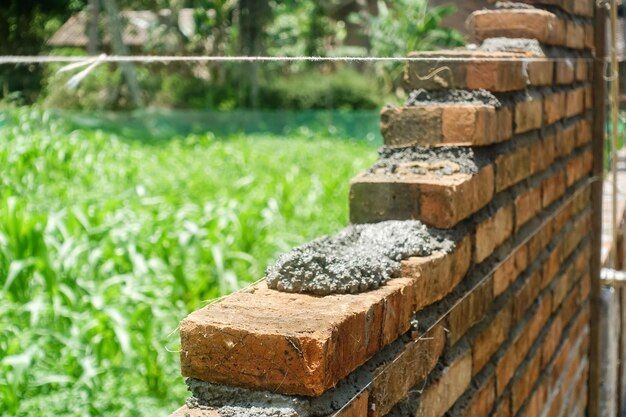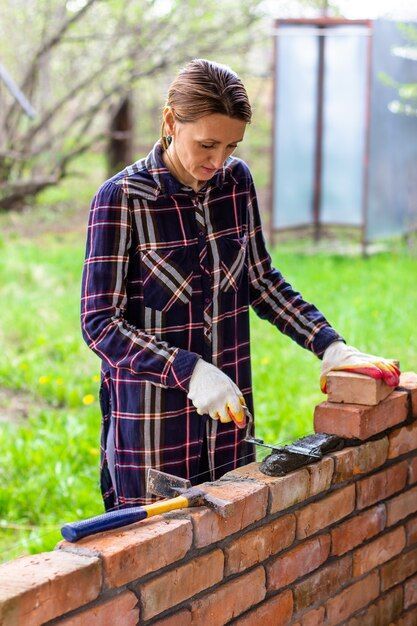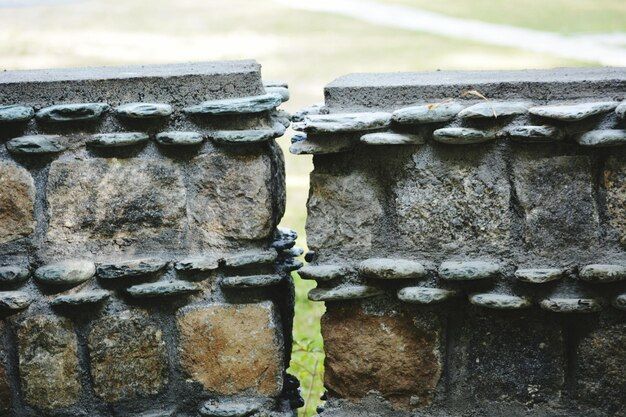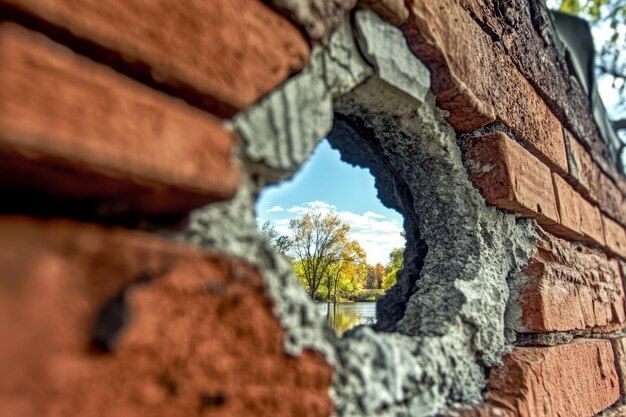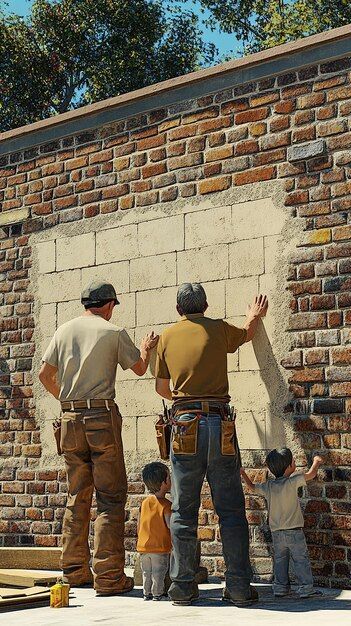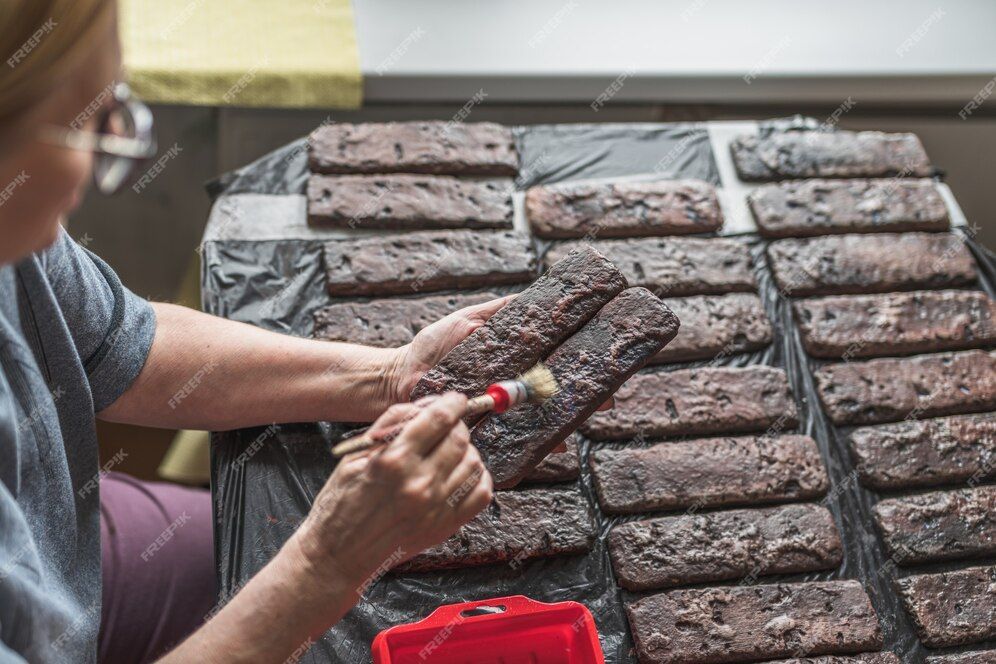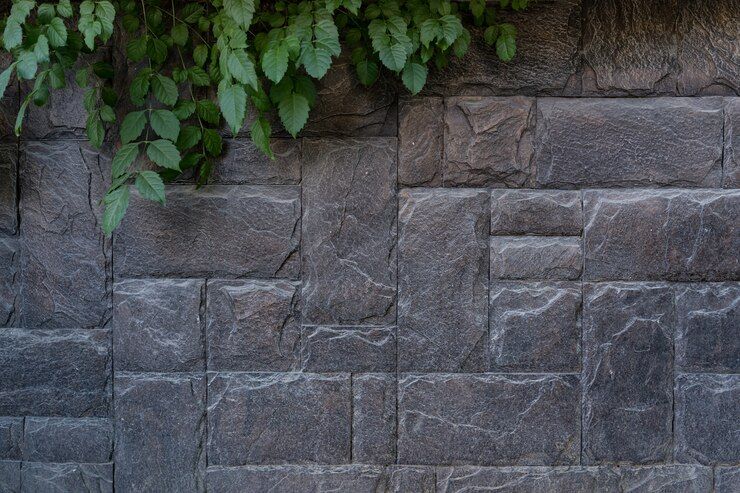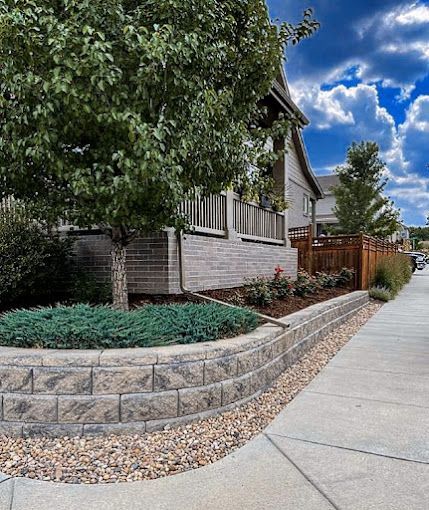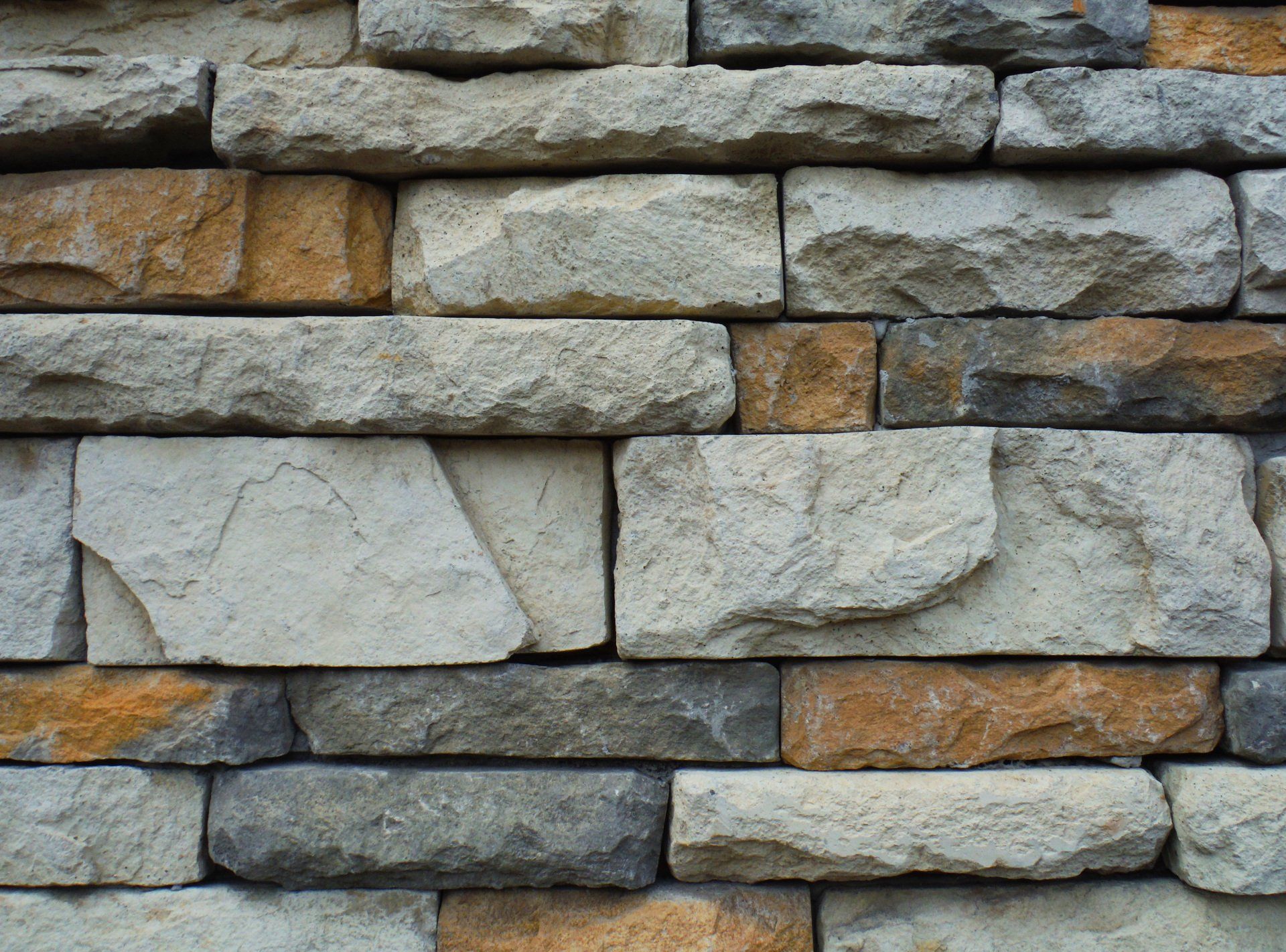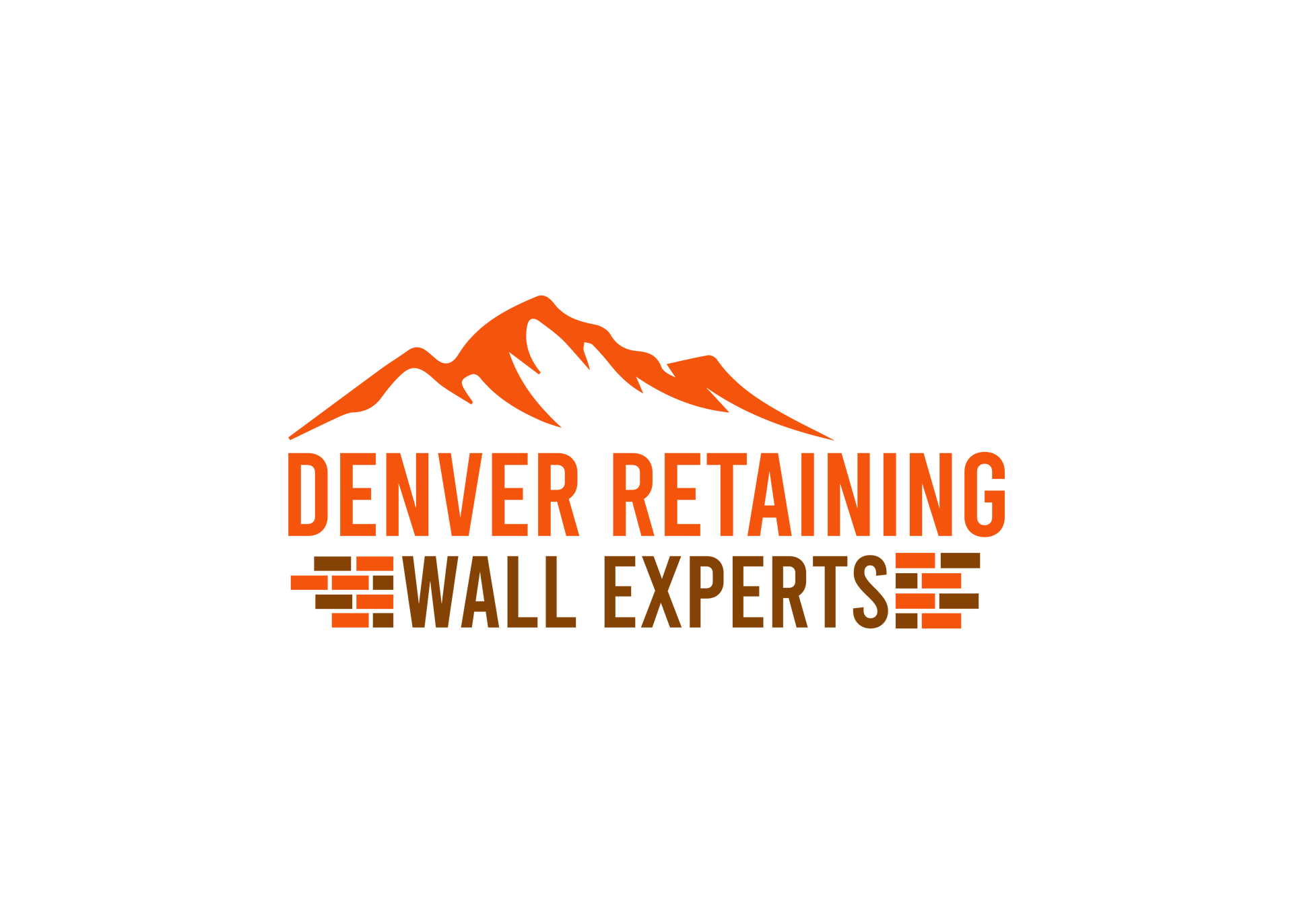Navigating the Challenges of Installing a Denver Retaining Wall
Thinking of putting up a retaining wall? It might sound simple. Just stack some blocks and pour some concrete, right? But in Denver, it’s a whole different story. The tricky soil and wild weather make things way tougher than they seem. It’s not just about looking nice. There’s a lot more to it.
Let’s break down what you need to know to build a strong wall. That lasting wall can handle Denver’s wild conditions.
Denver’s Unique Landscape and Soil Conditions
Denver is not a flat stretch of land. We’ve got rolling hills, slopes, and some tricky ground to deal with. Many properties sit on slanted areas where keeping the soil stable is a big job. The soil here loves to play tricks, especially the clay-heavy kind. It swells up when it gets wet. Then shrinks down as soon as it dries out.
And then there’s the weather. Denver winters are wild. Warm days and freezing nights. This constant freeze-thaw cycle makes the soil expand and contract even more. With all this going on, you need a super sturdy wall. Plus, you need tough materials if you want it to last.
Key Engineering Considerations
Building a strong retaining wall involves more than stacking materials. It’s an engineering project that must consider Denver’s unique landscape and weather.
Choosing the Right Wall Type
Different wall types suit different landscapes. Gravity walls, which rely on weight to hold soil back, work well for lower walls and stable ground. For steeper areas, cantilevered or anchored walls are better options. That adds the extra support needed to withstand Denver’s soil movement.
Ensuring Proper Drainage
Drainage is crucial. Without it, water builds up behind the wall. It creates pressure that can destabilize it. Imagine Denver’s clay-rich soil soaking up water and then expanding. That pressure on your wall can lead to failure.
Add features like weep holes, gravel backfill, and drainage pipes. So you can channel water away. It also reduces soil expansion and keeps your wall steady.
Wall Height and Slope Considerations
How tall and steep your wall is will also affect its stability. Denver’s hilly terrain and building codes often limit the height of walls that don’t require permits. In most cases, walls over four feet need city approval. Which involves a closer look at the wall’s design for safety.
Carefully planning your wall’s height and slope helps prevent future issues. That ensures it meets local standards.
Selecting the Right Materials
Denver's wild weather mess with the soil. It can also mess with your wall, too. That’s why picking the right materials is super important. Because you want a wall that can handle Colorado’s crazy temperature swings without falling apart.
Most folks in Denver go with concrete blocks, natural stone, or treated wood. Concrete blocks are strong and flexible for different designs. Natural stone gives you that tough, classic look that blends right into Denver’s scenery. Treated wood is good for short-term walls. But it might struggle against the harsh weather here.
Cheaper options like untreated wood might save you a few bucks upfront. But they often end up costing more in the long run. They can warp, crack, or even rot in Denver’s shifting weather. This leads to pricey repairs. Stone or concrete might be more expensive at first. But they hold up better and need less fixing. That saves you time and money down the road.
Navigating Building Permits and Regulations
Building a retaining wall in Denver is definitely about stacking blocks. But you’ve got to follow the rules, too. Yep, that means dealing with building codes. Plus, getting the right permits. It might feel like a hassle. But it’s important for making sure your wall is safe and lasts a long time.
In Denver, if your wall is over four feet tall, you’ll need a permit. These rules help make sure your wall can handle the tricky soil and crazy weather here. The permit process checks things. For example, drainage, soil strength, and the materials you’re using to keep everything safe.
Our team knows Denver’s codes inside and out. We’ve got the licenses and experience to help you get through the permit steps smoothly. So, you can kick back knowing everything’s critical drawbacks sorted before we start building.
Installation Challenges and How to Overcome Them
Denver’s rugged terrain and soil conditions present a few distinct challenges. That happens during installation. But knowing these obstacles can help you plan accordingly.
For instance, building on steep slopes requires specific design adjustments. Many homeowners choose terracing. Where multiple shorter walls are built instead of one tall wall. This approach reduces pressure on each wall. It makes it easier to manage water drainage, which is critical on Denver’s hilly land.
Another challenge is the expansive soil. To counteract shifting soil, our builders use geogrid. It's a mesh material buried behind the wall. That strengthen it against soil pressure. Reinforcing walls with geogrid can add stability. It also prevents cracks or leaning.
Managing water flow is also crucial. It prevents erosion and water pressure buildup. Installing proper drainage at the start of your project will make a major difference. It is great for your wall’s longevity. Especially in Denver’s rainy or snowy seasons.
Conclusion
Building a retaining wall in Denver is a big backyard project. It takes some planning. You need tough materials and good drainage. So your wall can handle Colorado’s fluctuating weather. But you can have a wall that looks great and lasts for years with informed decisions.
Want a wall that stands strong against Denver’s wild weather? At Denver Retaining Wall Experts, we know how to build walls. Sturdy and beautiful. Reach out today for a free consultation. And let's get started on your project.
